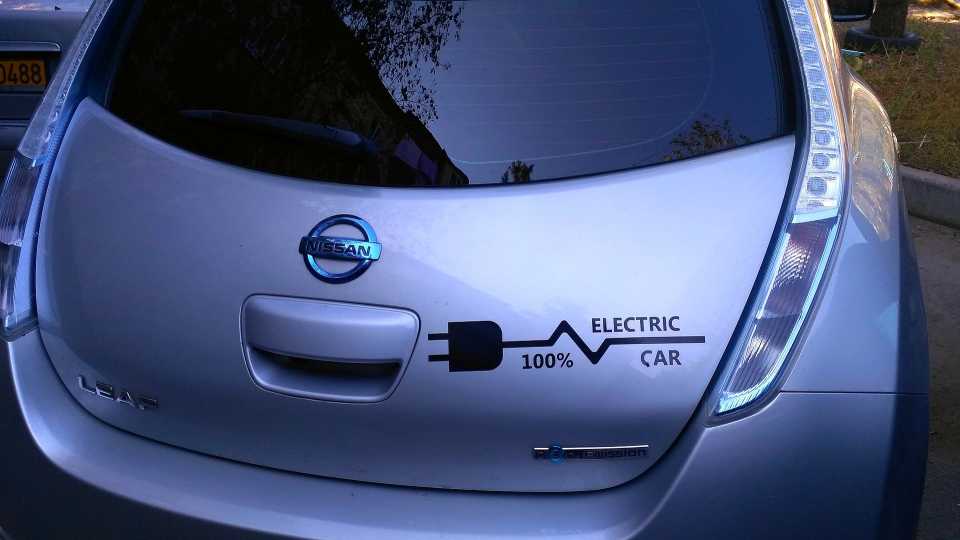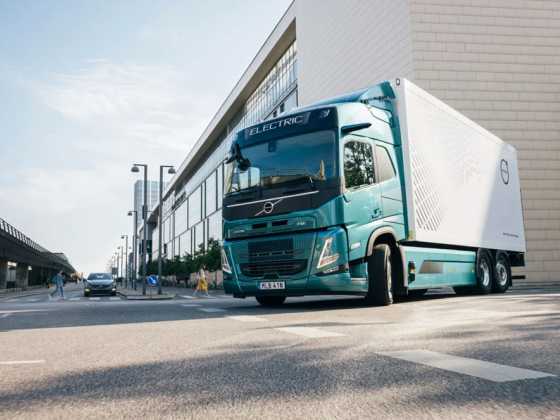European carmakers will hit emissions targets too easily

A new report by the Transport and Environment think tank has argued that weak EU vehicle emissions targets could allow some of Europe’s largest manufacturers to produce millions more petrol and diesel cars than necessary up to the end of the decade.
Under the existing rules, carmakers must reduce emissions relative to 2021 levels by 15 per cent by 2025, and by a proposed 55 per cent by 2030.
Analysis of car industry sales plans for electric vehicles shows that manufacturers could hit their 2030 EU carbon emissions targets with four years to spare. With manufacturers likely to stick closely to their minimum requirements, as has been the case in recent years, the industry would then proceed to sell their more profitable petrol and diesel marques.
The T&E study showed there was a gap between what could be achieved and where sales volumes would be if they are kept in line with the EU emissions rules. The think tank says that some carmakers will undoubtedly embrace an electric revolution, as they have stated publicly, but leaving the rules unchanged would jeopardise the sale of 18 million battery-powered models and result in 55 million extra tonnes of CO2 pollution – more than the annual emissions of all the cars in Spain.
The report claims that carmakers got easier targets if they sold heavier vehicles, driving up sales of high-emitting SUVs and plug-in hybrid models, which, when not charged, could pollute more than fossil fuel engines. The surge in SUV sales has meant that average engine emissions from three carmakers - Jaguar Land Rover, Volvo and Mercedes-Benz owner Daimler - are actually higher than they were five years ago.
Alex Keynes, the clean vehicles manager of T&E, said: “The electric vehicle boom has been driven by EU clean car rules but will falter unless lawmakers step in. Now is the time to set properly ambitious targets if we are to avoid a wasted decade in the race to decarbonise cars.”



